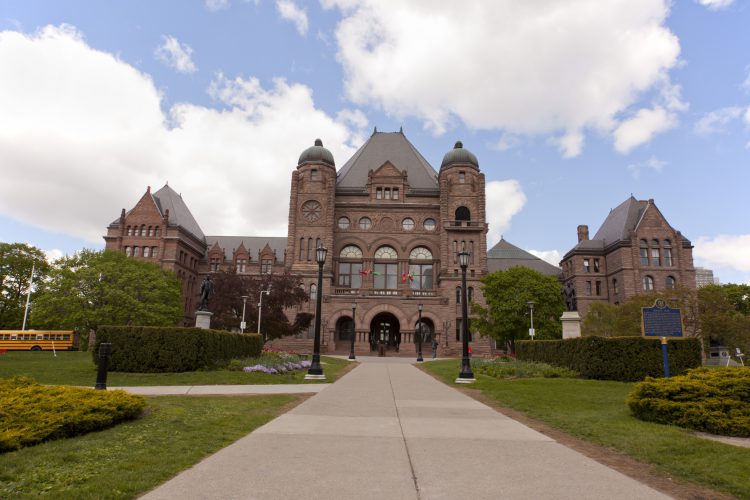Ontario Legislature Has Passed the Energy Law Statute Amendment Act (Bill 135)

On June 2, 2016, the Ontario Legislature passed the Energy Statute Law Amendment Act, 2015 (also referred to as Bill 135). The new legislation will come into force at a currently unspecified later date.
We have previously written about the content and implications of the Energy Statute Law Amendment Act, 2015 (see here, here and here). The legislation (which has not been amended since it was first introduced, despite many concerns being raised at committee and in debate) will result in a number of changes to the Green Energy Act, 2009, the Electricity Act, 1998 and the Ontario Energy Board Act, 1998. Four of the main items addressed are:
- Long-term energy planning: The Electricity Act, 1998 will be amended to give the Minister of Energy (Minister), rather than the IESO, the responsibility for developing a long-term energy plan at least once each period specified within Regulations. The IESO's role in developing the long-term energy plan is to provide technical reports when requested by the Minister. While there will be an obligation on the Minister to consult with consumers, distributors, generators, transmitters and aboriginal peoples, there is no requirement that the long-term energy plan be reviewed by the OEB, as was the case previously in respect of the integrated power system plan.
- Role of the IESO and OEB in relation to the long-term energy plan: Bill 135 amends the Electricity Act, 1998 to give the Minister the power to issue directives to the IESO and to the OEB respecting the implementation of the long-term energy plan and requiring the IESO and the OEB to submit implementation plans for approval. Where required in an implementation plan, the IESO will be empowered to enter into contracts for the procurement of a variety of items, some of which go beyond what is contemplated in the current procurement provision of the Electricity Act, 1998. For example, the IESO will be empowered to enter into contracts for procurement of electricity storage and for changes in electricity demand, as well as transmission systems (including the development of such systems).
- Feed-in tariff program: The current provision of the Electricity Act, 1998, under which the Minister can direct the IESO to develop a feed-in tariff program, will be repealed. However, the existing Minister's direction to establish a feed-in tariff program, and any program or thing established or done in accordance with that direction, will be unaffected.
- Energy conservation: Under amendments to the Green Energy Act, 2009, there will be new reporting requirements, and water conservation (efficient use of water) will be addressed in certain provisions of that statute. The proposed amendments contemplate that Regulations may be created to require a "prescribed person" to report to the Ministry of Energy about energy consumption, water use, ratings or other performance metrics in respect of energy consumption and water use. There may also be verification requirements for the reported information. As described in a previous post, draft Regulations to implement the foregoing have already been published for comment. The proposed amendments would require electricity, gas and water distributors to make available prescribed information about consumption of electricity, gas and water.
As we explained earlier this year, the element of the Energy Statute Law Amendment Act, 2015 that has attracted the most attention is the move to expand the role of the Minister of Energy in developing long-term energy plans for Ontario, thereby placing the IESO into more of a supporting role to implement the Minister's plans. According to the Minister of Energy's Press Release, the new legislation "establishes a long-term energy planning framework that is efficient, supported by robust community engagement and responsive to emerging technologies in the energy sector." Whether this "efficiency" is a good trade-off for the reduction in system planning determinations from the IESO and oversight from the OEB will be a point of attention in coming years.
With the passage of the Energy Statute Law Amendment Act, 2015, the Government has indicated that it will move ahead quickly with its new Long-Term Energy Plan. As required by the new legislation, one aspect of the development of the new plan is engagement with interested parties. According to the Minister of Energy's Press Release, there will be "formal engagement with Indigenous communities and the broader public taking place later this year."

